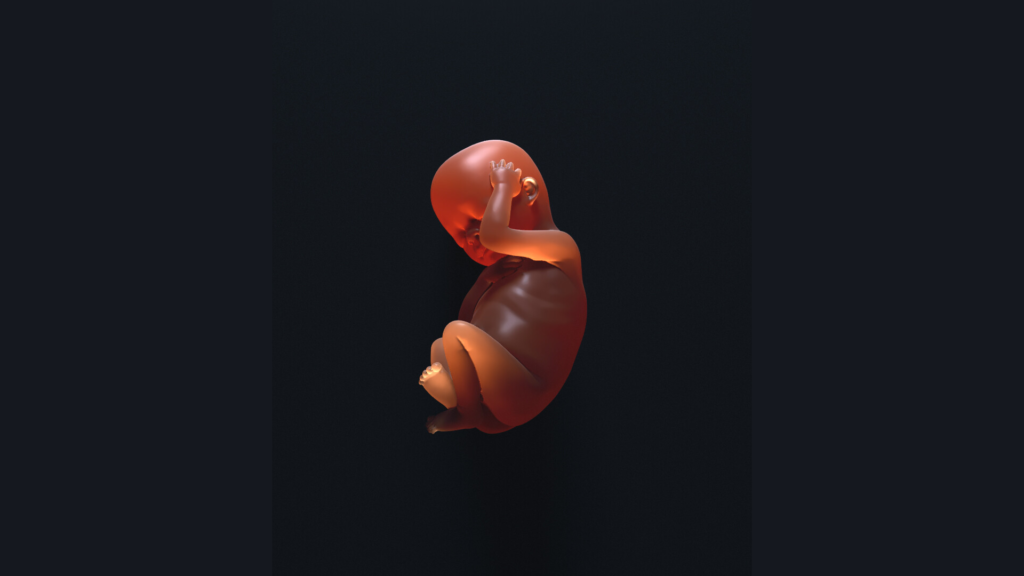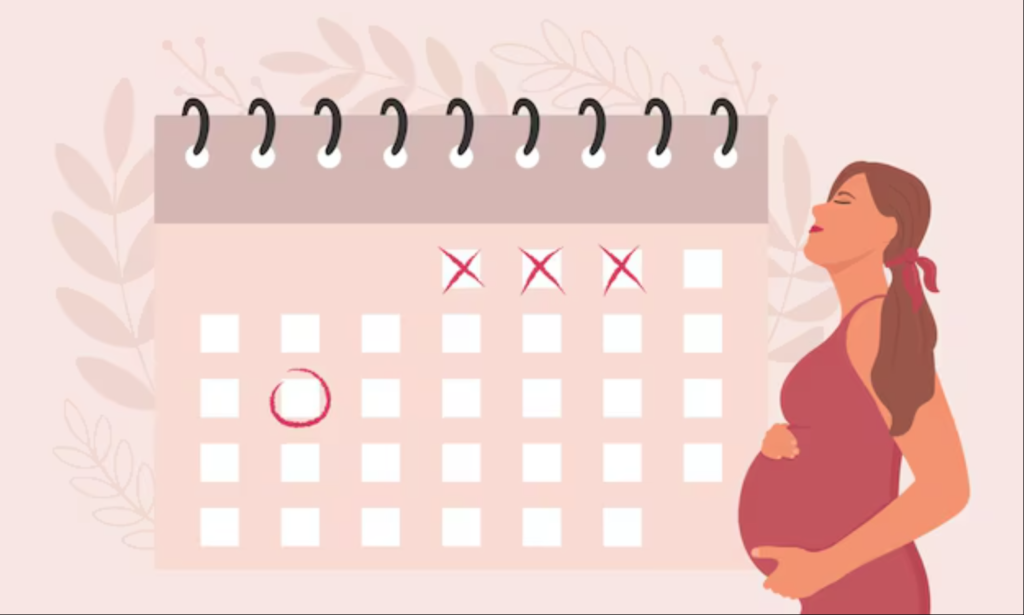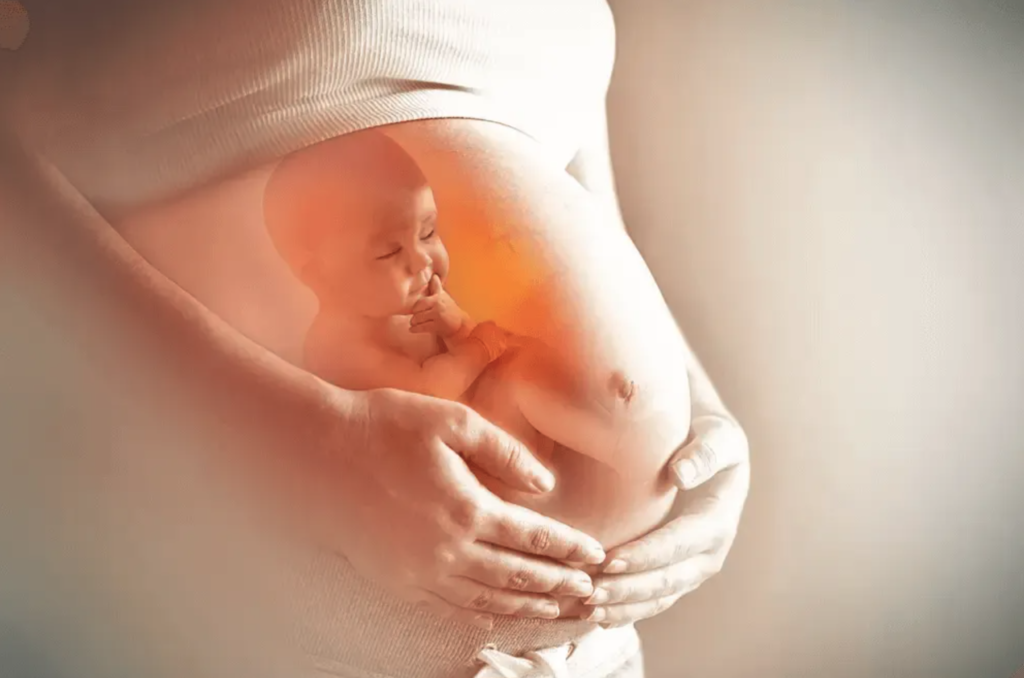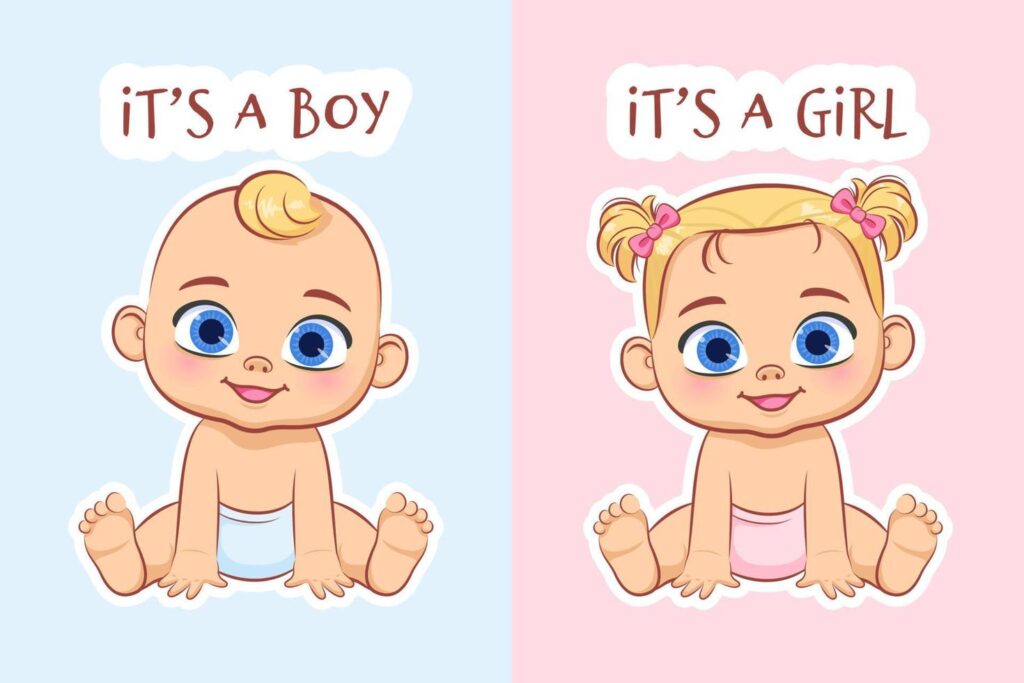Fetal hiccups are a normal occurrence during pregnancy and can be both a fascinating and confusing experience for expectant parents. Understanding why they happen, how to differentiate them from other fetal movements, and when to be concerned is important for monitoring your baby’s development.
Why Do Babies Get Hiccups in the Womb?
Fetal hiccups occur when the baby’s diaphragm contracts in response to amniotic fluid entering their lungs. This is a natural part of your baby’s development and is believed to play a role in preparing their respiratory system for life outside the womb. Hiccups are a good sign of a healthy nervous system and developing reflexes.
When to Expect Hiccups
Hiccups can start as early as the second trimester, but most commonly, they are felt during the third trimester, around the 28-week mark or later. The frequency of these hiccups can vary widely among pregnancies.
Fetal Hiccups: How Often Is Normal?
It is normal to feel fetal hiccups several times a day, with each episode lasting a few minutes. Regular hiccups during the third trimester are a sign of a developing nervous system and good lung function. However, if you notice that your baby’s hiccups are excessively frequent or last longer than usual, it’s best to consult your healthcare provider.
Is it Hiccups or Kicking?
Differentiating between hiccups and kicks can be tricky, but there are subtle differences. Hiccups tend to be rhythmic and consistent, with little “jumps” happening in the same spot at regular intervals. Kicks or movements are usually more random and varied in intensity and location.
How to Stop Fetal Hiccups
While there isn’t much you can do to stop fetal hiccups, changing your position might help. If you’re lying down, try sitting up or walking around. Drinking water or having a small snack may also sometimes calm the baby. However, these methods are not guaranteed, as hiccups are a normal reflex.
Fetal Hiccups: When to Worry
Occasional hiccups are normal, but if they become more frequent or intense after the 36th week of pregnancy, it’s essential to speak with your healthcare provider. Persistent or very strong hiccups could sometimes indicate an issue with the umbilical cord, such as cord compression.
The Takeaway
Fetal hiccups are a common and usually harmless part of pregnancy. They are a sign of your baby’s growth and development, preparing them for life outside the womb. If you ever have concerns about the frequency or intensity of your baby’s hiccups, it’s always a good idea to reach out to your healthcare provider for reassurance.
Understanding these tiny movements helps strengthen the bond with your baby, as you become more in tune with their patterns even before they are born.



